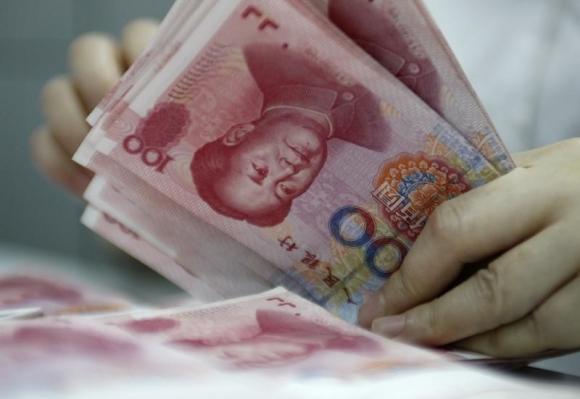Half of companies' overseas businesses making a profit
By Lan Lan (China Daily) Updated: 2015-11-11 07:08
 |
|
An employee counts yuan banknotes at a bank in Huaibei, Anhui province.[Photo/Agencies] |
More than half of Chinese companies' overseas businesses are making a profit, while about one-fourth are suffering losses and the rest have broken even, according to the United Nations' first report on the sustainable development of Chinese enterprises overseas.
The report was jointly released by the United Nations Development Program and two think tanks under the Ministry of Commerce and the State-Owned Assets Supervision and Administration Commission.
The results are based on a survey of 250 Chinese enterprises, among which about 36 percent were State-owned and 63 percent were privately owned.
China was the world's second-largest investor last year, with a total overseas direct investment of $123.1 billion, the majority of which was driven by State-owned enterprises.
Deng Zhixiong, division chief of the commission's Development Planning Bureau, said China's relatively advanced technologies for high-speed rail and ultrahigh voltage power transmission and its capacity for building transportation networks and water, oil and gas pipelines are major strengths for Chinese companies.
Chinese companies' overseas investment also helps drive host countries' economic growth by closing financing gaps, he said.
Most companies are working closely with financial institutions. About 57 percent are financed by domestic financial institutions such as the Export-Import Bank of China and the China Development Bank, while only 25 percent are financed by overseas financial institutions such as the World Bank and African Development Bank, the report said.
"The Belt and Road Initiative has provided a fresh opportunity for China to reallocate its labor-intensive industries globally and help the country upgrade its export structure," said Long Guoqiang, vice-president of the Development Research Center of the State Council.
- Shopping spectacular will boost bottom line
- China to be largest source of FDI, surpassing the US
- DealMoon spreads online cheer to Chinese diaspora in US with discounts
- CGN wins $7.7b Romanian nuclear deal
- Anbang set to buy US insurer Fidelity for $1.57b
- Gala to set the tone for shopping bonanza
- Half of companies' overseas businesses making a profit
- Li promises full use of fiscal weapons















